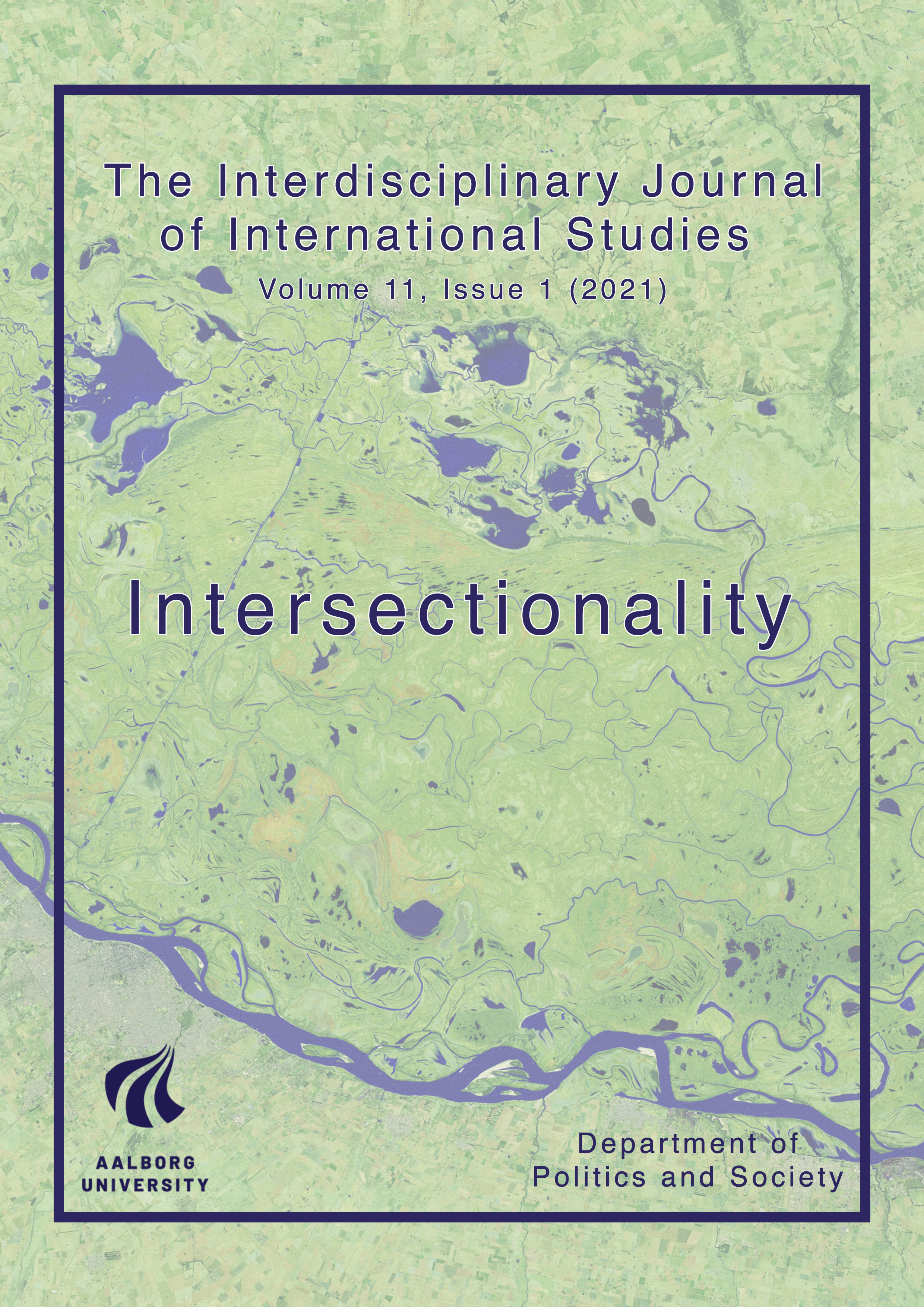Effects of Conflict-related Sexual Violence on Kinship Networks
Case of Rohingya Refugees in Bangladesh
DOI:
https://doi.org/10.5278/ojs.ijis.v11i1.6578Abstract
With the outset in feminist theory on wartime rape (Brownmiller, 1975) this paper iluminates how kinship networks are affected by conflict-related sexual violence. Following feminist scholars we argue that one way conflict-related sexual violence is intened to damage communities is by destroying their cohesion. An analysis of kinship relations of Rohingya refugees from Bangladesh indicates that members of the community post refuge struggle to protect “the conjugal order” (MacKenzie, 2010) and social norms related to family and marriage. Attempting to avoid the shame and stigmatisation of sexual violence, kinship networks are being reevaluated in order to protect both the family’s honour and the survivors. This is done for example by shunning survivors or making use of corrective measures like child marriage and restrictions on women’s movement. Thus, when women are subjected to conflict-related sexual violence they are victimized twice: first through the experience of sexual violence during conflict, then by stigmatisation post conflict.
Downloads
Published
Issue
Section
License
Authors who provide articles, essays or book reviews to the Interdisciplinary Journal of International Studies agree to release their publications under the Creative Commons Attribution-Noncommercial 3.0 Unported license, which allows anyone to share their work (copy, distribute, transmit) and to adapt it for non-commercial purposes, provided that appropriate attribution is made and that, in the event of reuse or distribution, the terms of this license are made clear.
Authors retain copyright of their work and grant the journal right of first publication.
Authors are able to enter into separate, additional contractual arrangements for the non-exclusive distribution of the journal's published version of the work (e.g., post it to an institutional repository or publish it in a book), with an acknowledgement of its initial publication in this journal.

